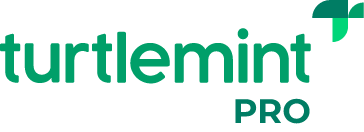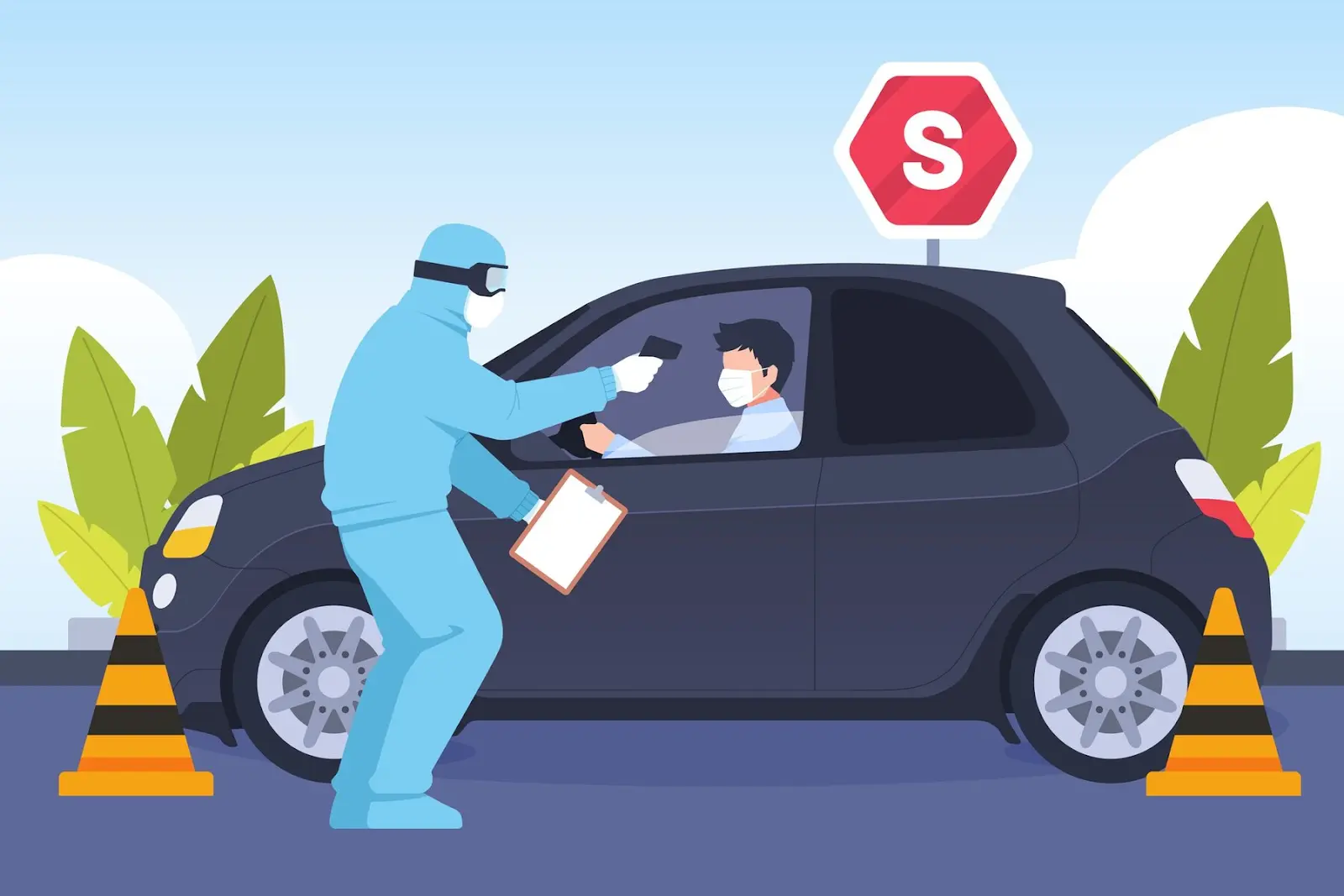
Technology and digital communications are rapidly changing the way we do business. The rise of artificial intelligence and machine learning have provided many opportunities for various industries, including insurance. This especially for those professionals who are innovative and open to leveraging new technologies effectively.
Artificial intelligence refers to any intelligence displayed by machines, whereby technology enables it to understand its environment and circumstances and take actions that maximize its chance of success at achieving a goal.
The role AI could play in the insurance industry
Insurance agents and companies usually face three challenges:
- Outreach to prospective customers at optimal times.
- Being able to provide personalized need based product offerings
- The ability to provide fast and efficient claims and customer support.
Traditionally, a big team is put together, including agents, brokers, claim investigators, sales teams and more! Coordination can be difficult and the scope for redundancy and friction is high. This is where AI can play a key role in optimizing workflow efficiency.
“Artificial Intelligence is any intelligent software that leverages machine learning and analysis of multiple data points to autonomously control machines, produce forecasts, or derive actions.”
Instead of spending countless hours responding to routine questions, submitting multiple requests for insurance claims and filing paperwork, insurance professionals can rely on sophisticated systems that identify patterns across numerous data fields and reduce the time spent on menial work. This ensures the accuracy, efficiency and effective execution of these manual tasks.
Claims Processing:
The potential of AI here is huge, with the potential to allow filing of claims to be faster and less tedious. A lot of claims where documentation is standardized do not need multiple people involved in the process.
As mentioned above, artificial intelligence and other technologies (such as image and voice recognition & machine learning software) can be used to automate several processes, also including capturing & analyzing the damage and customer communications.
An example to further elaborate — In the case of claims for car insurance; to assess damage to a vehicle, car owners can upload photos. Through image recognition technologies, a first level claim investigation can be automated and in certain cases, the claim can even be settled without any human intervention at all.
Machine learning helps you reach potential leads effectively:
In the past, outreach methods such as cold calling customers were commonly used in the insurance market. However, today’s customers expect a far more personalized approach. AI enables acquisition of customer data by scanning social profiles to gather information and find consumer trends. These systems create full profiles that can be used to then offer only preference based and relevant insurance products, thereby providing an edge over competitors.
To further elaborate, let’s take the example of Google AdWords or Facebook ads to target relevant potential customers. If you have used these for a while now, you would notice that a lot of the optimization and bidding processes have increasingly been automated. You now have the option of setting only a handful of preferences and trusting the software do the rest for you. This is a great example of how machine learning has enabled us to personalize our outreach and ensure the right messaging reaches relevant potential leads.
Chatbots:
Insurance industry jargon, excessive hidden fine-print and long policy documents can be confusing and create a ‘fear of the unknown’. This is where intelligent ‘chatbots’ are coming into play to help customers compare quotes, understand policy terms and buy insurance policies. A bot is a robot that can chat with you and answer your queries, instead of a live person.
As an agent, you can leverage existing insurance chatbots and even redirect your customers to them, as and when necessary. Instead of calling customer service, it can be far more efficient to understand policy logs, process payouts and do claim settlement follow ups and issuances through chatbots, when available. The process is faster, less tedious and well documented, leaving far less room for error.
Companies that have already automated some aspects of their claims process have seen a significant reduction in processing times and quality.
Over the past few months, these insurance companies in India have rolled out chatbots (such as the Bajaj Allianz Boing Chabot) and email bots, to assist with and address customer queries, support and sales.
Knowing about the capabilities of these AI softwares can be helpful. As an agent, once you have helped your customer identify which insurance company suits their needs best, referring them to these existing softwares can help make your work more efficient and save you a lot of time,
In a nutshell:
- Tasks that once took months to finish are now accurately completed in a matter of minutes. This lets insurers focus on more complex and creative projects.
- Machine learning can help insurers and agents underwrite risk more effectively, using the large troves of customer data it has collected.
- Innovative insurers and agents who put their trust in technology and embrace AI to complete cognitive tasks will reap the rewards of having more time to be able to provide clients with higher quality work and services.
- With technology in Artificial Intelligence constantly evolving, it is important for insurance professionals to stay up to date with industry trends to avoid having to ever play catch up.
Read more on how to boost insurance sales








